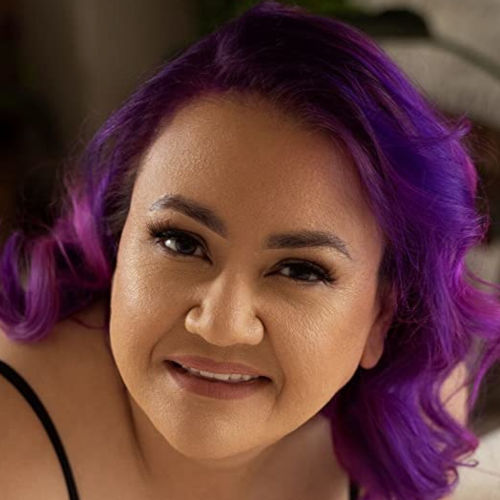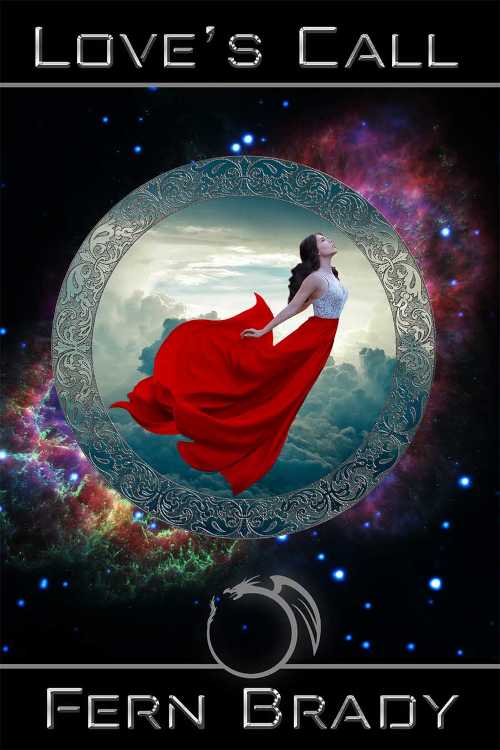When is a bad review good?

Take heart if your book receives a negative review, this author says. Far from being an indictment of your writing skills, it can bring along a surprising amount of good.
by Fern Brady
If you’re an author and publisher, there is nothing more painful than when someone leaves you a “bad” review. It can sting and even make you cry. However, it’s important to remember that books are a form of art. Like a painting or a piece of music, there will always be those who connect to it and those who don’t.
 When a reader says they think your characters are superficial or they didn’t like the story, they are not critiquing your skill as a writer, they are sharing that this piece of art didn’t resonate with them. The same characters can feel poignant and deep to one reader and superficial and selfish to another. Readers bring their own experiences, likes and dislikes, beliefs, and worldviews to your offering. They read your book through the lens of their own selves.
When a reader says they think your characters are superficial or they didn’t like the story, they are not critiquing your skill as a writer, they are sharing that this piece of art didn’t resonate with them. The same characters can feel poignant and deep to one reader and superficial and selfish to another. Readers bring their own experiences, likes and dislikes, beliefs, and worldviews to your offering. They read your book through the lens of their own selves.
A “bad” review is actually a good thing. Yes, I really did just say that. You see, “bad” reviews tell prospective readers that your novel has been read by more than just your friends and family. It tells a person that other random readers have taken the plunge on this book, and implies that some of those great reviews are also from random readers who did enjoy the story and its characters.
Books & Buzz Magazine is where writing pros spill their secrets! Subscribe now for free
In a word, having a sprinkle of “bad” reviews gives you as an artist legitimacy. You created something that made people feel strongly. Some felt it in a positive way because it resonated with their own lives and selves. Others felt it in a negative way because it went against their lives and selves. In some cases, a reader might reject a character because it mirrors them too much, and it can prove uncomfortable to see so much of you in that story. Either way, as an artist, the writer has succeeded. You have created a book that makes people react and post reviews.
Having a sprinkle of “bad” reviews gives you legitimacy—you created something that made people feel strongly.
Besides giving your book legitimacy as a work of art, a “bad” review can also boost conversations about the themes of your book, which can build interest for prospective readers. Recently, a novelist friend had a bad review because her romance book was a trilogy that followed the same couple to their happily ever after.
Diana Gabaldon’s Outlander series is a historic romance time travel story that follows the hot and tumultuous relationship of the main character and the highlander she loves across multiple books. As a genre, the traditional romance should start and end in one book. Romance series are traditionally multiple couples in the same town or setting, each with their own love story told in a single book. So Gabaldon has opened up the genre to include series that follow the same love story across multiple books.
Many in the romance community still don’t like this change. Many romance readers still want the satisfactory ending now, in one book. Many still don’t want to have to wait for it across three novels. So when my friend got a “bad” review because she wrote a trilogy, this created an opportunity to dialogue about the change in the romance genre industry. Prospective readers who like Gabaldon’s work will be more likely to engage in my friend’s books because of the issue that one reader had.
It is always nicer when readers post a positive review saying how much they enjoyed your work and telling others to read it. But a “bad” review is not actually a bad thing. As writers, we must allow people to respond to our art, and that means accepting that not everyone will like it.
Looking at a “bad” review and finding which element of your book sparked the reaction can help you use it to stir interest and conversations. It can also help you see the themes that resonate with your public. Your books have an audience, and it doesn’t include everyone as much as we might like it to. Learning to be okay with a “bad” review is hard, but you should not take it personally. These are about the readers’ likes and dislikes, not about the value of your work.
Fern Brady is the founder and CEO of Inklings Publishing. She began her professional life as a foreign correspondent and taught for fifteen years in the Alief Independent School District. She has published numerous short stories, two children’s picture books, and a couple of poems. Her debut novel, United Vidden, which is book one in her Thyrein’s Galactic Wall series, was given a glowing review by Dr. Who Online, the official site of the fandom. She co-hosts two podcasts: Author Talk and The Hot Mess Express. Fern lives in Houston, Texas, with her parents and her talkative husky, Arya. Follow Fern’s writing at her website.